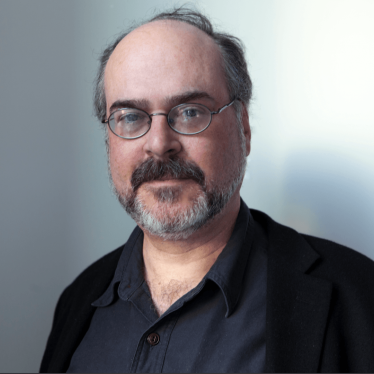In July, the Sri Lankan government unexpectedly announced that it had rearrested 12 police officers for the infamous 'Trinco 5' killings.
On January 2, 2006, five ethnic Tamil students were shot execution-style at the beachfront in the eastern town of Trincomalee.
One might have thought that this would be welcome news for Kasippillai Manoharan, whose 20-year-old son, Ragihar, was among those killed. But Manoharan has little reason for hope.
After the shootings the authorities claimed the victims were Tamil Tiger insurgents carrying out a grenade attack. The 'Trinco 5' case is exceptional among the countless human rights abuses during Sri Lanka's civil war, which ended with the Tamil Tigers' defeat in 2009.
Unlike the vast majority of cases, in this case there have been some legal proceedings. The 'Trinco 5' has been the subject of government-appointed commissions and even discussions at the United Nations.
Yet with all the attention, no one has been punished for the crime.
Days after his son's death, Manoharan testified at an inquest. He recounted the chilling last phone message from his son, saying that his friends were begging the police not to shoot them.
He described rushing to the beach, being stopped by the authorities, hearing the students plead for their lives, and then the gunshots.
After suffering months of death threats against him and his family, Manoharan and his family fled Sri Lanka and received asylum in the United Kingdom.
A youth survived the executions by feigning death, but the case against the 12 Special Task Force (STF) officers was dropped in 2006 for lack of evidence.
According to a US State Department cable released by WikiLeaks, the president's brother and adviser, Basil Rajapaksa, admitted to the US ambassador that the security forces were responsible for the killings, but insisted there was no evidence to convict them.
"We know the STF did it, but the bullet and gun evidence shows that they did not," he reportedly said. "They must have separate guns when they want to kill someone."
The Trinco 5 case got renewed attention when it was included in a presidential commission established to investigate 16 prominent human rights cases.
Manoharan testified again. He said a senior government human rights official had offered him a house in Colombo and private school entry for his remaining children if he kept silent.
Manoharan's passion and persistence helped push the UN Human Rights Council to adopt resolutions in 2012 and 2013 highlighting the government's failure to investigate and prosecute wartime abuses, and calling for genuine action.
With another discussion at the Human Rights Council scheduled for September, Colombo announced that 12 STF officers had been rearrested for the murders.
But those arrested don't include Kapila Jayasekara, the former head of the STF (Trincomalee), whom local human rights monitors traced to the murder scene.
Given the failure of justice so far, it is hard not to see the latest government action as just another attempt to deflect criticism from the international community.
The UN High Commissioner for Human Rights, Navi Pillay, who has paid special attention to the Trinco 5 case, plans to visit Sri Lanka shortly.
In November, Sri Lanka is hosting the Commonwealth Heads of Government Meeting, amid protests that a government that is an unrepentant human rights abuser should not be rewarded with an international event promoting democracy and the rule of law.
Manoharan won't be giving up the fight for justice in Sri Lanka. The rest of the world shouldn't either.
James Ross is the legal and policy director at Human Rights Watch.








